The world of nanoscience is defined by the study of the ultrasmall, specifically near the size of a nanometer, or a billionth of a meter. Carefully engineered systems at this scale, such as quantum dots and semiconductors, help enlarge the benefits of the quantum world by enhancing our control of quantum interactions.
JILA's diverse nanoscience research encompasses investigations of innovative technologies, including nanoscale energy transport, nanostructures, and quantum devices. JILA’s study of these devices is aimed towards developing more efficient solar cells and data storage, and developing essential technology for the future of quantum computing.




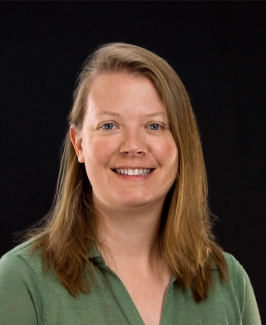

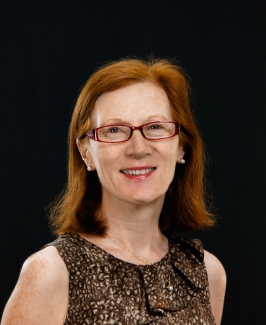
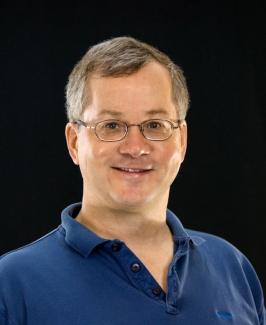

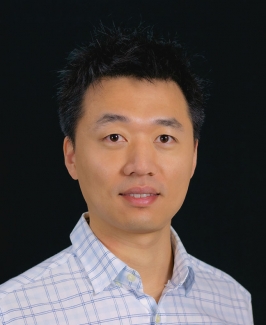
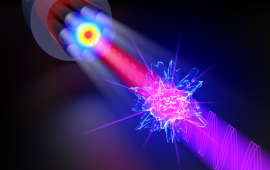
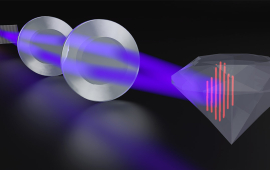
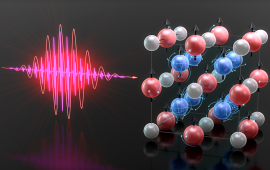
 The Physics Frontiers Centers (PFC) program supports university-based centers and institutes where the collective efforts of a larger group of individuals can enable transformational advances in the most promising research areas. The program is designed to foster major breakthroughs at the intellectual frontiers of physics by providing needed resources such as combinations of talents, skills, disciplines, and/or specialized infrastructure, not usually available to individual investigators or small groups, in an environment in which the collective efforts of the larger group can be shown to be seminal to promoting significant progress in the science and the education of students. PFCs also include creative, substantive activities aimed at enhancing education, broadening participation of traditionally underrepresented groups, and outreach to the scientific community and general public.
The Physics Frontiers Centers (PFC) program supports university-based centers and institutes where the collective efforts of a larger group of individuals can enable transformational advances in the most promising research areas. The program is designed to foster major breakthroughs at the intellectual frontiers of physics by providing needed resources such as combinations of talents, skills, disciplines, and/or specialized infrastructure, not usually available to individual investigators or small groups, in an environment in which the collective efforts of the larger group can be shown to be seminal to promoting significant progress in the science and the education of students. PFCs also include creative, substantive activities aimed at enhancing education, broadening participation of traditionally underrepresented groups, and outreach to the scientific community and general public.